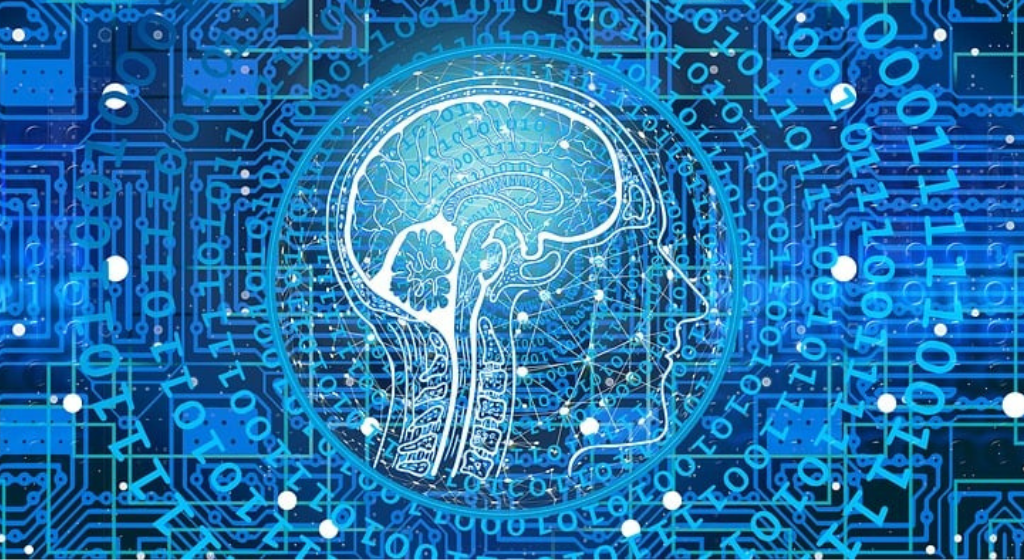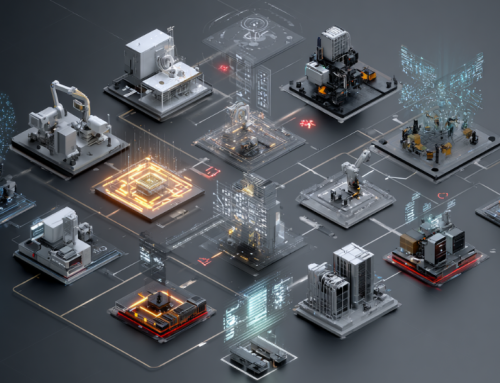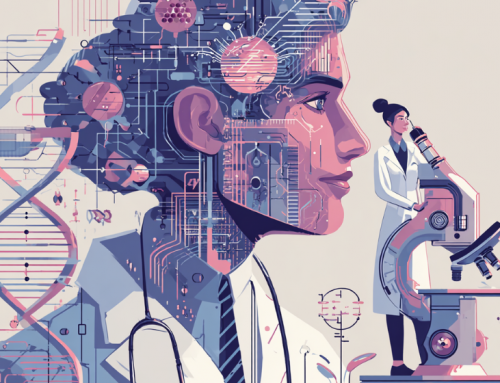
In 2024, technologies such as Augmented Reality (AR), Virtual Reality (VR), wearable tech, geospatial advancements, and Artificial Intelligence (AI) are expected to converge, leading to a significant year for mixed reality and spatial computing. Image Source: Geralt in Pixabay
Unlocking the Future: AI-Powered Wearables, Spatial Computing Revolutionize User Interaction
Spatial computing, blending digital and physical realities, is revolutionizing our interaction with technology, according to a story on thedrum.com. This includes technologies like augmented reality (AR), virtual reality (VR), autonomous vehicles, and robotics, already transforming how we engage with the physical world. It allows computers to perceive, interact with, and navigate through 3D space, creating immersive experiences.
Computer users are transitioning from traditional VR head-mounted displays to more versatile mixed reality (MR) headsets. The Meta Quest 3 initiated this in 2023, and the game-changer is expected this year with Apple’s much-awaited spatial computer, the Vision Pro. Major releases from Samsung/Google, ByteDance, Oppo, and Xreal are also anticipated in 2024.
MR integrates VR and AR, enabling users to see their physical surroundings and interact with people while wearing the headset. This counters VR’s major drawback, the isolation feeling, and offers a new engagement way, making use of their worlds. This technology is in its early stages, like the initial PC era. As costs become more accessible and applications broaden, wider adoption is expected.
Wearable tech, another future game-changer, will give our virtual assistants ‘eyes’ and ‘ears’. Devices like smart glasses, powered by advancements in AI, will make interactions more natural and relevant to our surroundings. This is made possible by multi-modal large language models (LLMs), advanced AIs that can understand and create text, images, sounds, and possibly videos. These AIs handle different information types at once, making AI more human-like in its understanding and interaction with the world.
Last year, we saw the first hints of this new era with gadgets like Humane’s Ai Pin and next-gen Meta Ray-Ban glasses. This year, we can expect more AI-powered wearables using AI technology from OpenAI, Anthropic, and even smarter versions of Alexa, Google Assistant, and Siri.
Read more at The Drum







Leave A Comment